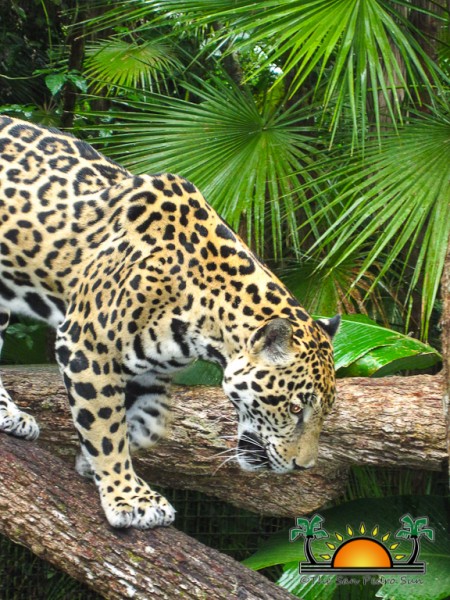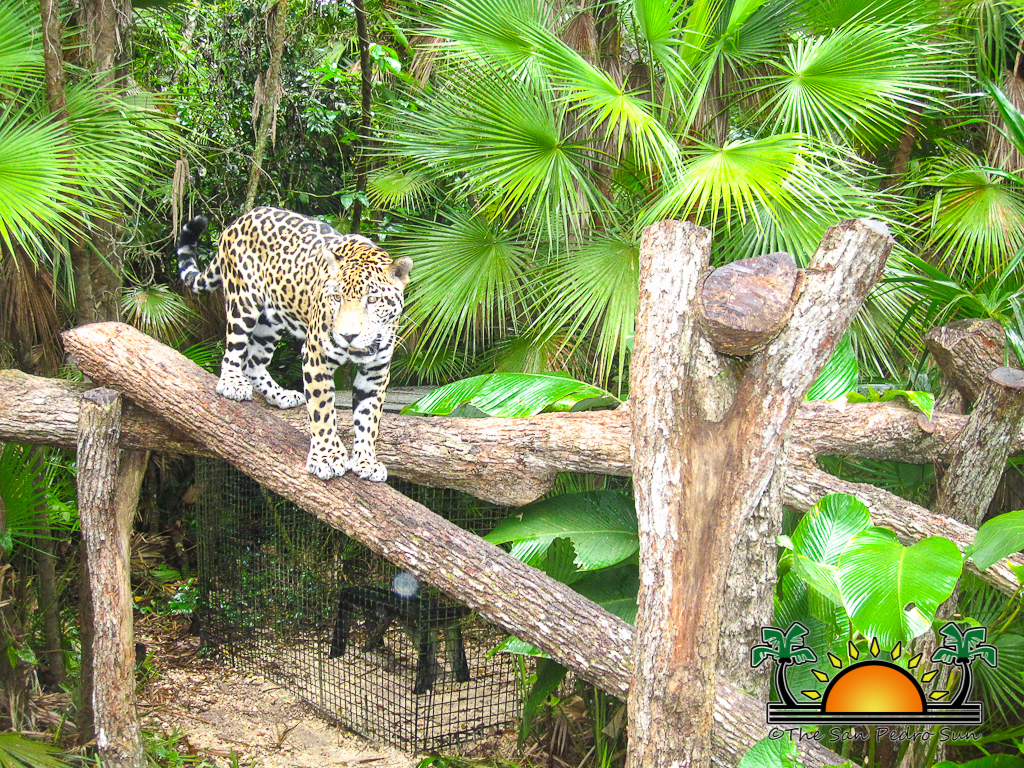Within World Wildlife Fund’s (WWF) newly released 52-page report, the conservation organization states that almost half of the World Heritage sites are threatened by illegal wildlife trade. Also protected under the Convention on the International Trades in Endangered Species (CITES), some species mainly targeted within these sites include: snow leopards, rhinoceros, eastern swamp deer, white-lipped peccary, jaguar, pangolins and elephants.
Marco Lambertini, Director General at WWF International, explained that between 1970 and 2012, global wildlife populations have declined by almost 60% on average. “World Heritage sites are among the most recognized natural sites for their universal value. However, due to many of the sites being threatened by destructive industrial activities, unique animals and plants are also being affected by over-exploitation and trafficking,” said Lambertini.
WWF states that poaching, illegal logging, fishing, and the trafficking of rare species are plaguing 45% of the world’s most precious natural areas. The report points out that this illegal trade, which is worth around US $19 billion a year, is having a significant impact on people’s livelihoods, as it can deter tourism. Deforestation caused by unlicensed timber trade was also noted, and said to be responsible for up to 90% of deforestation in major tropical countries.
“Not only does this threaten the survival of species, but it’s also jeopardizing the future heritage of these precious places and the people whose livelihoods depend on them. Illegal wildlife trafficking robs the world of its natural heritage, threatens local communities and hampers global efforts to reduce poverty,” said Inger Andersen, the director general of the International Union for Conservation of Nature (IUCN). The report even referenced Belize as an example, stating that more than half of the entire population is supported by income generated through reef tourism and fisheries.
Lambertini is seeking more collaboration and integration between CITES, the World Heritage Convention and national authorities to lead a more coordinated, comprehensive response to halt wildlife trafficking
“It is essential that CITES is fully implemented and that these irreplaceable sites are fully protected from harvesting of species in source countries, transportation through processing destinations, to sales in consumer markets. In doing so, we will benefit our heritage and our wildlife, provide security to people and places, and support national economies and the rural communities that depend on these sites for their livelihoods,” said Lambertini.
In an effort to end this devastating trade, CITES and WWF will host the 4th Illegal Wildlife Trade in London, United Kingdom in 2018. For more information, please visit WWF’s website at: www.worldwildlifefund.org

Share
Read more

